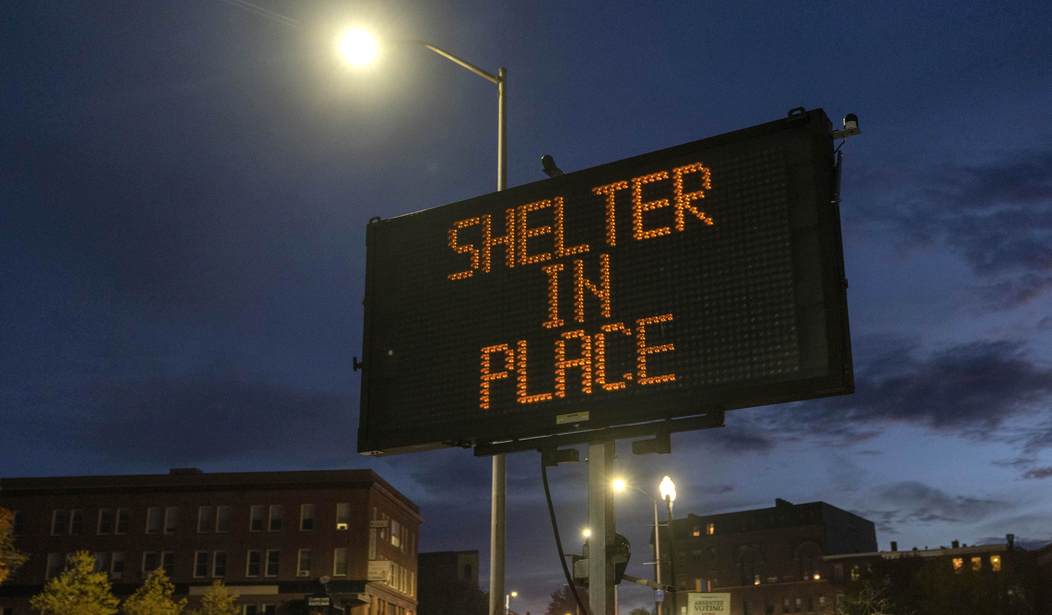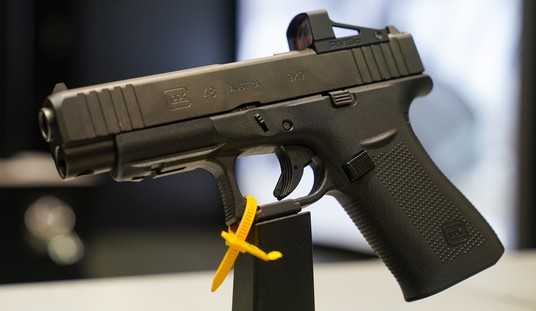If you've been following the aftermath of the mass murder in Lewiston, Maine last fall, you're probably already well aware of the repeated failures on the part of law enforcement that enabled the killer to carry out his attack. But the U.S. Army has been investigating its own history with the killer, who was an Army reservist, and now investigators say that the Army also missed several opportunities to intervene in the weeks before the attack took place.
The investigation found communication failures “impacted [Sgt. 1st Class] Card’s continuity of care.” In one critical failure, military and civilian health facilities failed to upload Card’s discharge documents to the military medical system for more than two weeks after he left their care.
“The discharge summary included relevant and critical information which if it had been provided to the chain of command would have detailed the extent of SFC Card’s mental health issues,” the investigation report says. Among those details include that he “had homicidal ideations … appeared resistant to psychoeducation, and he blamed others for his behavior.”
The report also outlines several months of extremely troubling behavior by Card preceding the shooting, during which colleagues, friends, and family alike voiced concerns over his mental health and said they believed he was going to hurt others.
“I believe he’s going to snap and do a mass shooting,” Card’s best friend, whose name is redacted in the report, said in a text message to unit leadership in September 2023, a little over a month before Card would go on a shooting rampage, that also injured 13 people, at a local bowling alley and restaurant.
According to CNN, three individuals within the killer's chain of command have been punished with "appropriate administrative action", though Chief of Army Reserve Lt. Gen. Jody Daniels declined to tell reporters what that administrative action actually consisted of.
The investigation report said his leadership should not have ordered him to his annual training in July 2023 — during which he was hospitalized in a psychiatric facility — and that they failed to conduct a Line of Duty Investigation. The Line of Duty investigation would have “properly” documented his hospital stay and condition, the report said.
“Even though we are on a limited duty status, that doesn’t stop us from calling our soldiers and caring about them and checking in with them and seeing how they’re doing, and asking others to go and do those wellness checks,” Daniels said. “Good leaders care about their soldiers.”
Both the Army's investigation and the independent investigation that Maine Gov. Janet Mills tasked with looking into the events that led up to the shooting have concluded that there was reason to take the killer into custody long before he opened fire on his neighbors. He could have been arrested and charged with battery for assaulting a fellow Guardsman, but he also could have been subject to Maine's "yellow flag" law after a report that he was "suffering from some sort of mental health crisis, had recently assaulted a friend, had threatened to shoot up the Saco Armory and harm others, and was in possession of numerous firearms." Instead, the Sagadahoc County Sheriff’s Office failed to take the appropriate steps that would have allowed the killer to be evaluated by a mental health professional, despite the fact that he had been ordered to receive a behavioral health evaluation at an Army hospital in July of 2023.
At the Army hospital, officials believed Card needed a higher level of care, transferring him to a civilian hospital in the area, Four Winds, on July 16. The Army’s investigation said psychological testing at Four Winds revealed Card’s coping resources were “about as well-developed as those of most adults,” but that he exhibited narcissism, poor emotional controls, and an inconsistent coping style that they believed would impact the way he responded to things.
Card was ultimately discharged from Four Winds on August 3; the hospital’s discharge summary said he presented a “very low risk” of harming himself or others. But the individual who picked him up from the hospital told the Army investigating officer that Card told him he was “smarter than the Four Winds staff,” that he “flipped out” on a female patient who he believed was talking about him, and he was so angry about being in the hospital that “he placed his mattress against the wall and punched it until his hands become bloody.”
There've been questions about whether the killer was involuntarily committed to a mental hospital, or adjudicated as mentally ill, which would have prohibited him from lawfully possessing firearms going forward. It doesn't sound like that was the case, though his mental state continued to deteriorate after he was released from Four Winds.
The Lewiston shootings didn't happen because Maine lacked a 72-hour waiting period or a ban on modern sporting rifles. The gun control laws that Maine legislators adopted in the wake of the shootings wouldn't have prevented the attack even if they had been in place, given that the killer already possessed the guns he used in his murderous rampage. There were, however, multiple opportunities to intervene using the laws that were already in place, and it was a cascading series of mistakes and failures on the part of the military, local law enforcement, and mental health professionals that allowed the killer to carry out his attack.









Join the conversation as a VIP Member